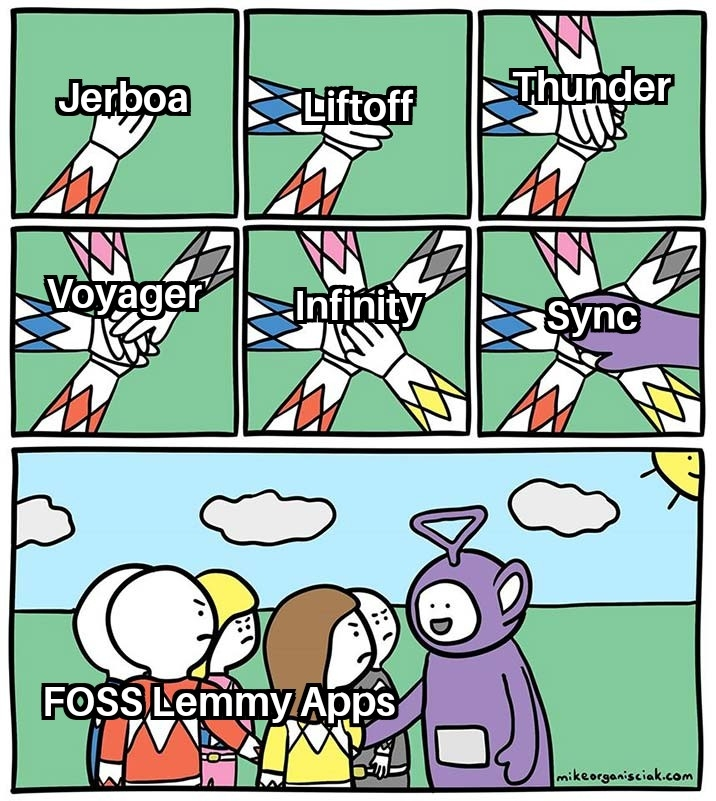There is a lot to unpack here. I think you misunderstand how the fediverse we're part of is designed for the dynamic I'm explaining.
First, I never claimed not everyone can afford self-hosting (that does not need to be) in their basement. You might be mixing up someone else's comment. In many cases its cheaper then joining someone else's.
Modern modems are already built with similar hardware to what's needed for self-hosting a small domain. Computers have become so cheap and accessible that it is trivial. For example, a Raspberry Pi can host many things for under $50.
I also discovered yesterday that a public “hackerspace” near me is saving computers from landfills precisely to be given away for free and used for self hosting + sharing the knowledge on how to set it up.
I'm curious where you live that self-hosting is illegal. That's a law I'd find so repulsive I'd need to break it on principle.
Your ideas about decentralized systems seem contradictory. You say only the rich could host under fediverse, but also believe it's illegal to self-host?
Dont ask why big centralized services would connect to ours and instead ask what reason we have to connect to centralized systems. I run my own cloud server; it's cheaper than a subscriptions. People are designing decentralized video hosting systems like PeerTube where everyone hosts their own videos. The proof is all around you here.
The fediverse operates exactly how you say is impossible. The question isn't why big servers would allow connections, but why I'd connect to centralized domains with so many decentralized alternatives available.
It's surprising you're here without knowing this. Maybe it's a sign decentralization is going mainstream?
You asked a more detailed explanation of how this works.
Here's how decentralized social media and web 3 actually works, right here and now.
1. Instead of one central server, there are many independent servers (instances) run by different individuals or groups.
2. You create an account on one instance, but can interact with users on any instance.
3. When you post, it's stored on your home instance. Other instances your followers are on fetch and display your post to them.
4. If you want to follow someone on another instance, your server connects to theirs to get their posts. (The ability to connect = federated)
5. Each instance owner sets their own rules and can choose which other instances to federate with.
6. You can move your account between instances, taking your followers with you. (Wip)
7. Popular fediverse platforms like Mastodon, Lemmy, and PeerTube all work this way, allowing cross-platform interaction.
This system allows for a social media experience similar to centralized platforms, but with more user control and privacy. No single entity owns all the data or controls the entire network.
Here is video from the Free Software Foundation which is a great source if you want to learn more about the hows and why.
https://www.fsf.org/blogs/community/user-liberation-watch-and-share-our-new-video

Oh my that damage control speech from Ford the article was forced to include does not work in the direction they hope it does.
There is actual fear to be perceived as Incompetent in there.
The reporters did very little to sugarcoat that they got told to edit it. Basically a copyPaste of fords demands of what needed to be talked about